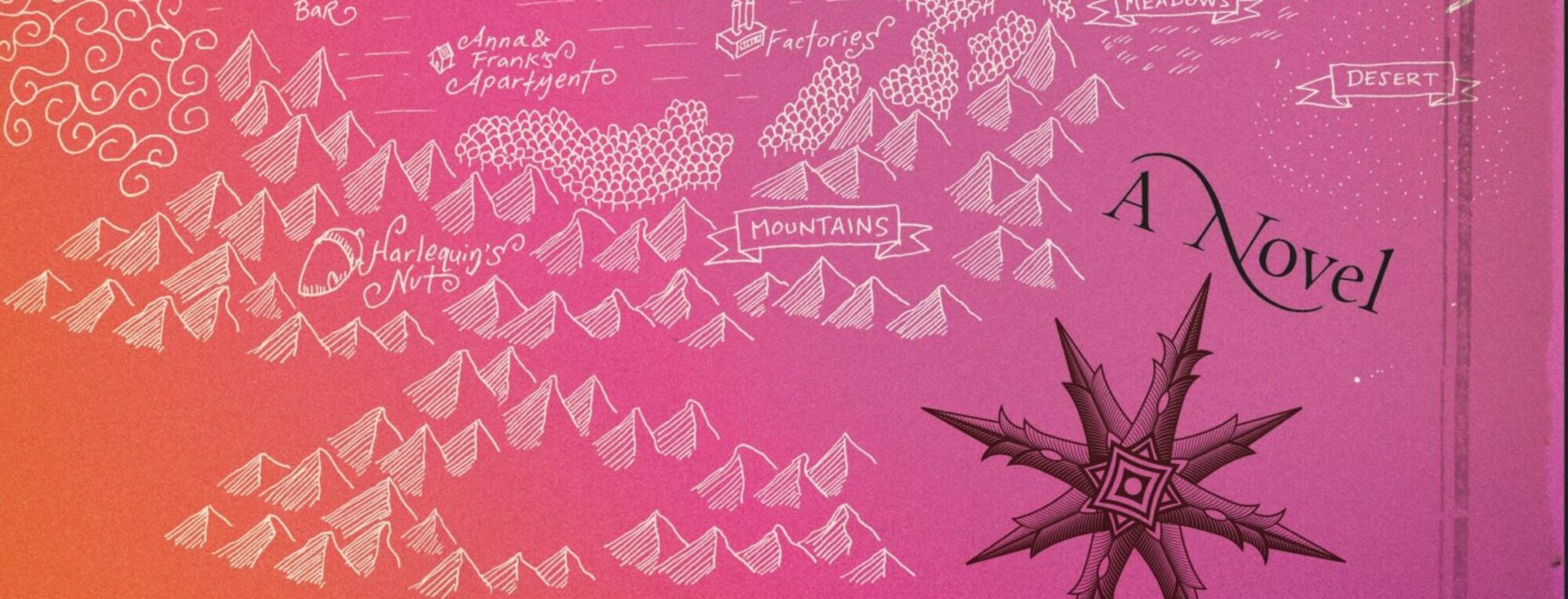
This is a brief talk I gave at the First Presbyterian Church of Beacon as part of their first Pride Service, June 26, 2022.
By Donna Minkowitz
Since I first felt the power of queerness in my life when I was 14, it has seemed to me like a kind of fierceness, a kind of fire, the sensation that radical joy is worth fighting for, that sex is worth fighting for, that the funky beautiful intoxicating overflowing life force inside yourself is a thing to defend, a thing to show, a thing to love, a thing to refuse to squash or strangle or imprison within gates of adamantine iron.
I’m here to speak on behalf of of that life force.
As a young adult in the 80s, I was part of the first generation of activists to reclaim the word QUEER for ourselves. Some of the stronghearted holy power of queerness comes across in these lines that the gay singing group The Flirtations used to sing, which were written by a black gay British man named Labi Siffre:
the higher you build your barriers
the taller I become
the more you refuse to hear my voice
the louder I will sing
“When they insist we’re just not good enough,” the song says, “just look em in the eye and say/We’re gonna do it anyway! We’re gonna do it anyway!
Anyway!
And that my friends, is the buoyant, ever-defiant power of queerness.
This fiery joy is also what our queer brother the Jesuit priest and poet Gerard Manley Hopkins had in mind when he spoke of Jesus metaphorically as a falcon:
“I caught this morning morning’s minion,
kingdom of daylight’s dauphin,
dapple-dawn-drawn Falcon, in his riding of the rolling level underneath him steady air
, and striding high there, how he rung upon the rein of a wimpling wing in his ecstasy!
Then off, off forth on swing, as a skate’s heel sweeps smooth on a bow-bend: the hurl and gliding/ Rebuffed the big wind…
Brute beauty and valor and act, oh air, pride, plume here/ Buckle! AND the fire that breaks from thee then, a billion times told lovelier, more dangerous. Oh my chevalier!”
For that is queerness too, the wild life force that refuses to give in to narrow demands of propriety. Queerness is also the ecstasy Hopkins is invoking in this poem, and the willingness to embrace wild, unchained beauty even when it might be socially or politically dangerous, because all beauty and pleasure comes from God, in fact, as Hopkins is suggesting in this poem, it IS God.
Beyond this, queerness is the radical belief in the goodness and innocence of pleasure, and I am thinking of myself at 14, discovering kisses and affectionate touch, discovering hands shoulders long hair and bellybuttons in all their sweetness and goofiness.
The queer life force within me has saved me so many times, it saved me as a teenager when the enlivening, flowering beauty of puberty gave me a power to stand fast against the violence I was experiencing at home, as a young and as an older adult when the sunny queer force in my blood gave me hope and creative power that always let me sail past depression and obstacles.
Thank you very much for inviting me here today to your beautiful congregation to speak about the connection between queerness and holiness.
And thanks to the supremely alive, defiant queer life force inside me that keeps my blood flowing. Thank you.
